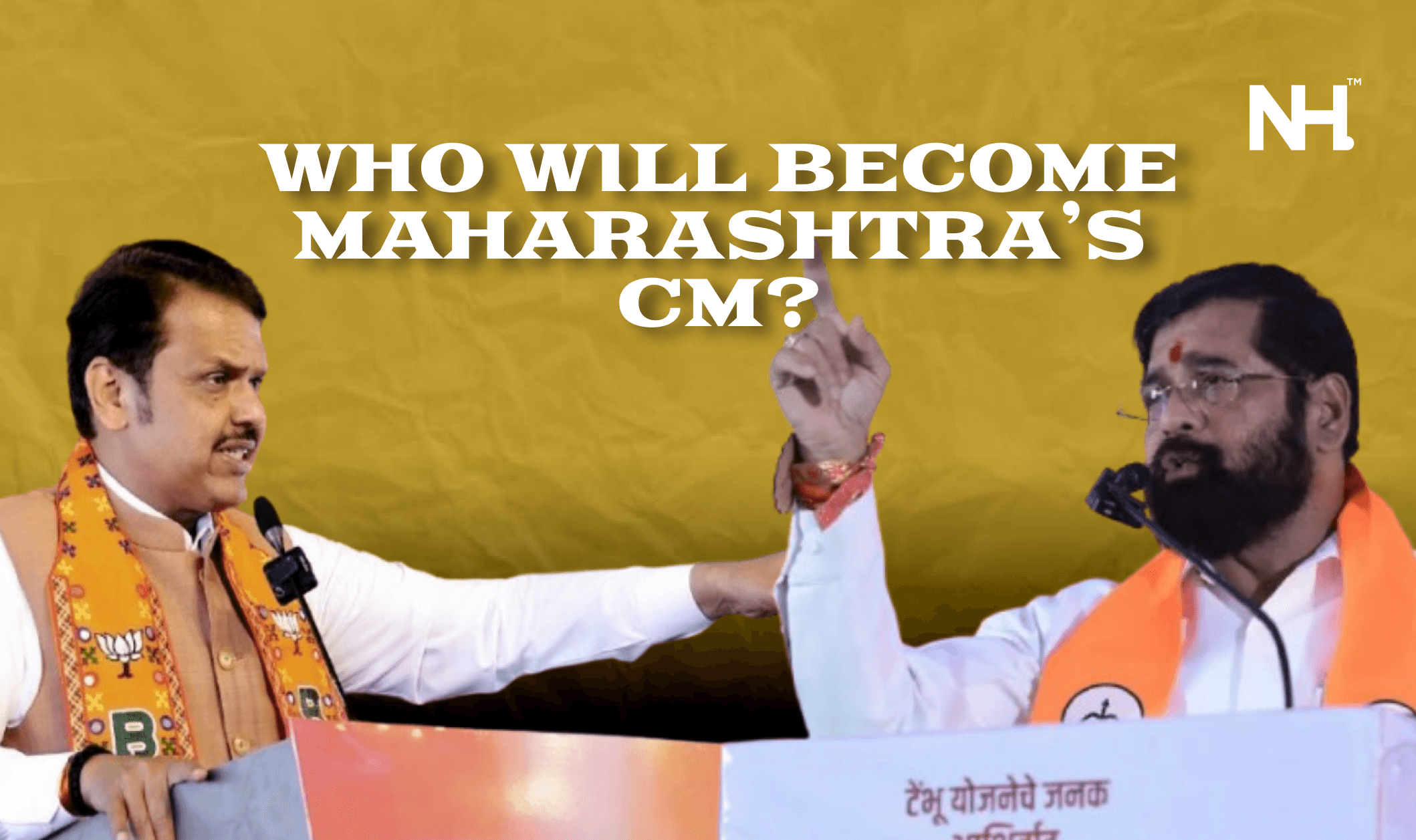Four days after the Mahayuti alliance’s resounding victory in the Maharashtra Assembly elections, the state remains gripped by a political deadlock. The big question: who will be the next Chief Minister?
While BJP loyalists rally around Devendra Fadnavis, Shiv Sena leaders are adamant about retaining Eknath Shinde in the top post. With 237 out of 288 seats in their kitty, the Mahayuti coalition, comprising the BJP, Shiv Sena, and Ajit Pawar’s NCP faction, holds a commanding majority. However, the decision over the CM’s chair is proving far more contentious than anticipated. Here’s a closer look at the factors shaping this power struggle.
The BJP’s stellar performance, winning 133 seats, gives it a clear numerical advantage. As the coalition’s largest party, BJP leaders believe the CM post should naturally go to them. Devendra Fadnavis, a two-time Chief Minister, has been a central figure in the BJP’s Maharashtra strategy. His supporters argue that his experience, administrative skills, and ability to maintain alliances make him the obvious choice.
Fadnavis’s cryptic post-election statement on X—“The real flight of the eagle is yet to come”—has fueled speculation about his ambitions. BJP leaders like MLC Pravin Darekar have openly vouched for Fadnavis, calling him an astute leader who commands respect across party lines. Posters backing him have also surfaced in parts of Maharashtra, reinforcing the narrative that the BJP sees him as their first pick for the CM role.
Despite BJP’s numerical strength, the Shiv Sena argues that Eknath Shinde deserves to continue as Chief Minister. Shinde’s leadership was a key factor during the campaign, and Sena leaders claim that sidelining him now would breach coalition dharma. The comparison to Bihar’s power-sharing model, where the BJP supported Nitish Kumar as CM despite having more seats, has been invoked by Sena spokespersons.
Shinde’s Shiv Sena, with its 57 seats, believes his leadership helped consolidate the alliance’s appeal. Leaders like Sanjay Shirsat have stated unequivocally that Shinde will not settle for a Deputy CM position. However, the BJP has dismissed the Bihar model comparison, pointing out that no such pre-election agreement was made in Maharashtra.
The NCP’s stance could be the decisive factor. Ajit Pawar, whose faction won 41 seats, reportedly supports Fadnavis for the CM post. Pawar’s endorsement would strengthen Fadnavis’s claim, adding another layer of consensus within the coalition.
Notably, Shinde and Pawar have a strained relationship, which could work against Shinde’s candidacy. If Pawar’s faction aligns firmly with Fadnavis, it would further isolate Shinde and tilt the balance toward the BJP leader.
The Rashtriya Swayamsevak Sangh (RSS), headquartered in Nagpur—Fadnavis’s political turf—could also play a role behind the scenes. While the Sangh has maintained public silence, its ideological alignment with the BJP adds weight to Fadnavis’s candidature. A recent meeting between Fadnavis and RSS chief Mohan Bhagwat has sparked speculation about the Sangh’s support for him. While not officially confirmed, this potential backing adds another layer to Fadnavis’s advantage.
Eknath Shinde’s supporters argue that he was the public face of the Mahayuti alliance during the elections. His promise of Maratha reservation, the Ladki Bahin Yojna, and ambitious infrastructure projects resonated with voters, helping secure the coalition’s victory. Shinde’s Maratha roots further bolster his appeal in a state where the community holds significant sway.
Shinde’s current position as caretaker CM lends him a degree of continuity. His supporters believe his leadership ensured the coalition’s unity and focus during the campaign, making him indispensable to the Mahayuti’s success.
While Fadnavis has the BJP’s strong backing, Shinde’s role in the alliance’s electoral success cannot be ignored. Ajit Pawar’s endorsement of Fadnavis and the BJP’s dismissal of the Bihar model make it clear that the BJP is determined to assert its majority. However, sidelining Shinde risks alienating a crucial ally and disrupting the alliance’s delicate balance.
As the impasse continues, the decision may ultimately rest with the BJP’s central leadership. Whether they prioritize numbers or coalition harmony will determine Maharashtra’s next CM.
More:



















































































